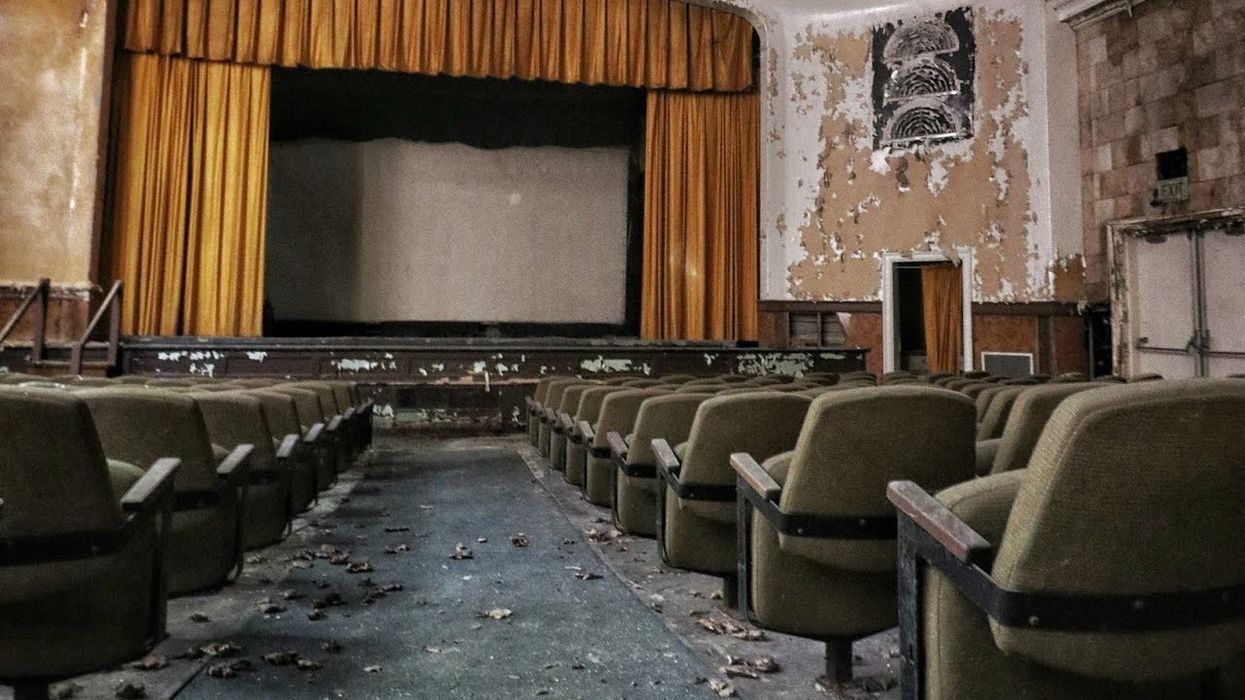What's Inside the Soul of Cinema?
The communal experience of going to the movies is a cherished ritual. But what's inside the soul of cinema?

Humans started with cave drawings and now we're making three-hour Avenger movies. Somewhere in between those two things, cinema was invented and got a soul. As hard as it is to define the soul of a human, it's equally hard to define the soul of an art form like cinema. Still, if you were going to classify the soul of cinema, how would you do it?
A new video essay takes on that very task and has some interesting things to say about the matter.
Check out the full video from Cinema Cartography and let us know what you think!
My biggest takeaway from this video is how cinema has become a unifying force. Just seeing a movie in theaters feels special nowadays. I love the audience reactions from cheers to tears. But what I love the most is everyone sitting in a dark room and being asked to experience the same emotions by the same force.
Cinema has always been a filmmakers way to share part of themselves with us. That's why it's so important to get messages from a diverse set of people behind the cameras.
As we learn more about different points of view, cinema allows us to find common ground, or to find what we stand for and stand against.
The desire of everyone in a theater is to connect with what's on screen.
The same goes for filmmakers.
When you're setting out to write a screenplay or direct something, first ask what you want the audience to think and feel. Your movie's soul needs to be a reflection of the constructs you feel about the world. If you don't imbue your work with those messages or deep understandings, then you can't expect anything but surface-level joy from those participating. While that may lead to limited box office success, it might not lead to a lasting career.
So the next time you try to work on a project, think about cinema's soul and what kind of mark you want to leave on the people who watch your work.
What's next? Learn some Film theory!
Basic knowledge of Film Theory could be your ticket to making a compelling argument, a classic film, or winning at Jeopardy. So read on! To dissect a film and understand the context can take years of training. But you've been training without knowing it. Every time you watch a new show or movie you're building an internal database. You have something to base your reactions on and, over time, your tastes grow.
If you want to work in Hollywood as a creative or even critique film and television for a living, Film Theory is extremely important. In this post, we're going to learn how to put that training of consuming media into action by learning about Film Theory.
Click the link to learn more.
Source: Cinema Cartography

 Composer Clayton Worbeck Credit: CCTV
Composer Clayton Worbeck Credit: CCTV  'Call of the Void'Credit: Gravitas Ventures
'Call of the Void'Credit: Gravitas Ventures 









